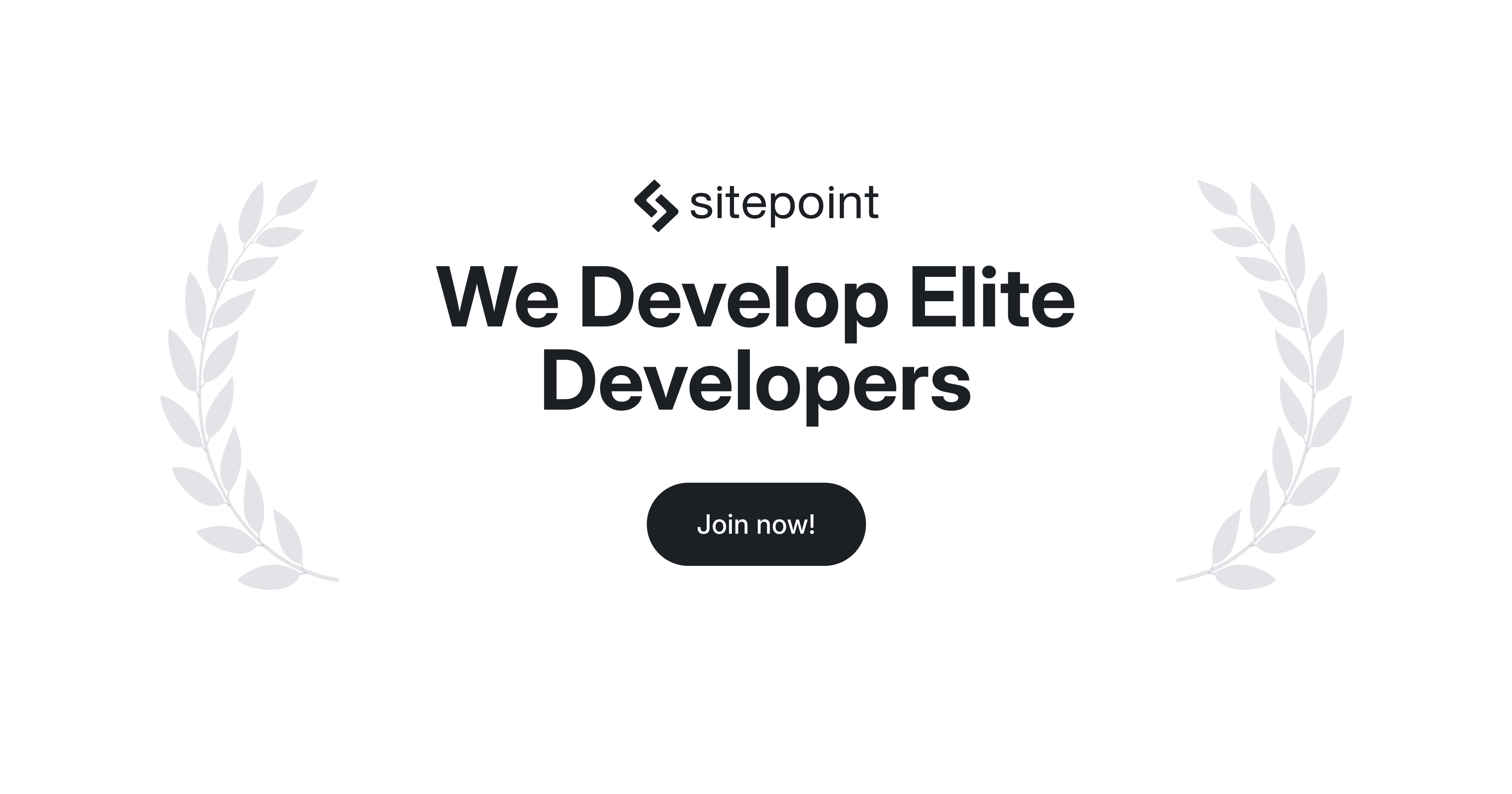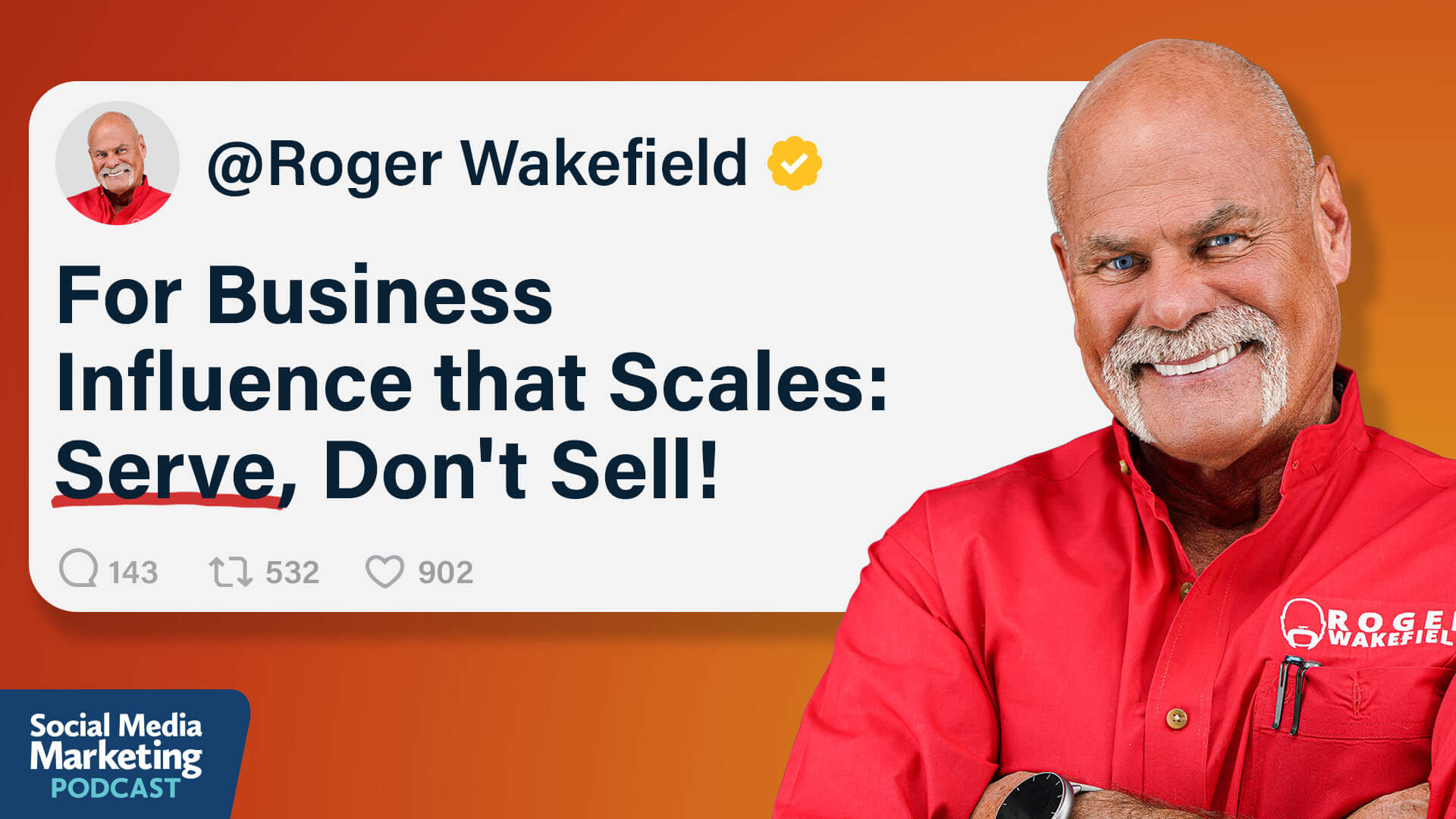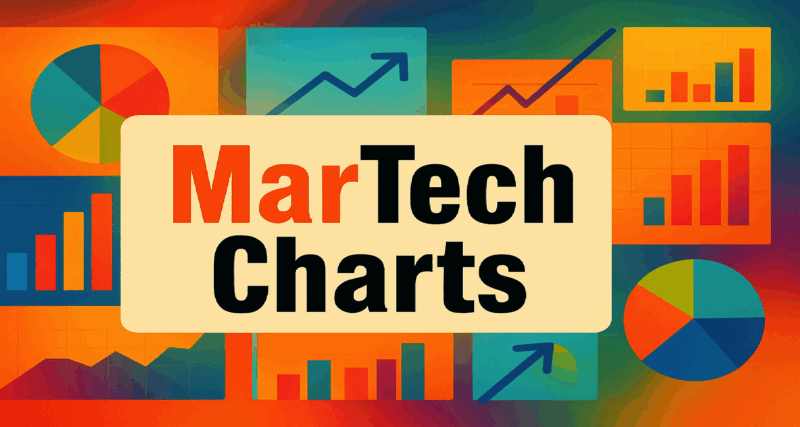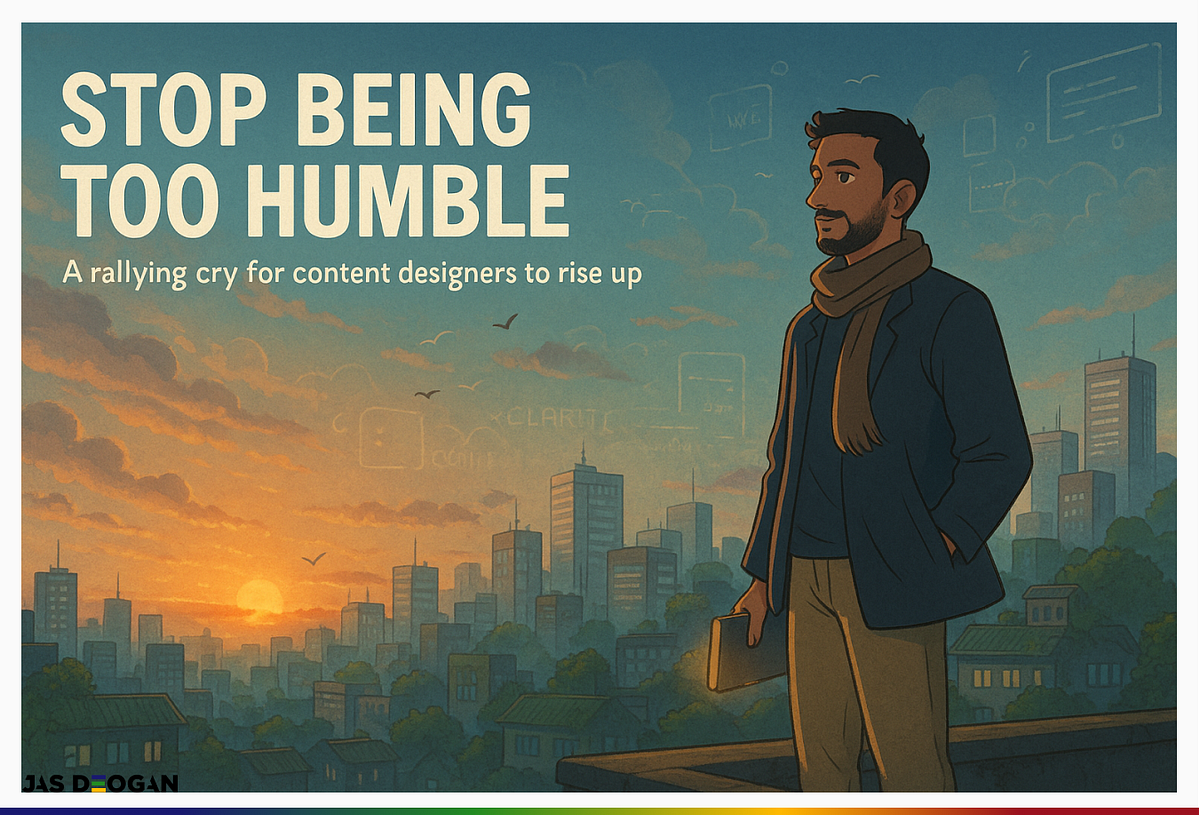#content-strategy
#content-strategy
[ follow ]
#seo #personal-branding #ai-search #linkedin #social-media #large-language-models #audience-engagement
fromEntrepreneur
6 days agoWhy Thought Leadership Is Failing - and How to Solve It
Traditional thought leadership is losing impact. Long reports and gated content no longer capture attention in today's zero-click world. As a result, thought leadership is entering a new phase - experiential thought leadership. Engaging formats like interactive webinars, immersive events and podcasts make ideas felt and memorable rather than just consumed. Success depends on cross-team collaboration, testing and building experiences around real audience understanding.
Marketing
fromThe Drum
2 weeks agoWhat is content strategy and how do you develop a successful one?
I have zero sense of direction, so when I travel, I rely heavily on my Google Maps app. Before I take a road trip, I mark the points where I need to go, where I will stop for breaks, and how long it will take to get to my destination. A content strategy is the same premise. Content is created to guide users on where they need to go, the stops they need to make along the way, and the destination they should arrive at.
Marketing
fromThe Drum
2 weeks agoThe formula for successful content: creative and performance must work together
Capturing your audience in the perfect moment with the perfect content to produce startling results is the ultimate goal of creative content marketing. But the real magic happens when creatives and performance marketers work closely together. When creative experts join forces with performance specialists, you are building a winning formula to achieve maximum impact for your campaign investment. So, the million-dollar question is: how do you create content that achieves your goals and cuts through the noise, across every touchpoint of the customer journey?
Marketing
fromForbes
2 weeks agoHow To Use LinkedIn Articles To Expand Your Online Visibility
LinkedIn is one of the most-cited sources by AI chatbots. A study from SEMrush has found that, in many cases, LinkedIn is cited second only to Reddit, and that AI Mode consistently cited LinkedIn in nearly 15% of its responses. Specifically, AI chatbots typically cite long-form LinkedIn Pulse articles. This signals that the thought leadership content that typically dominates LinkedIn articles is being trusted and promoted by AI, which offers a huge opportunity for business owners and freelancers to get more visible online.
Social media marketing
fromComputerworld
3 weeks agoIn an AI-perfect world, it's time to prove you're human
But now, communicating with perfection and polish signals a lack of value. It signals that you used AI. Speaking to Instagram influencers, Instagram chief Adam Mosseri last week announced the dawn of this new world. In posts on Instagram and Threads, he said that, "Deepfakes are getting better and better. AI is generating photographs and videos indistinguishable from captured media. The feeds are starting to fill up with synthetic everything."
Social media marketing
fromBerlin Startup Jobs
1 month agoJob Vacancy: Senior Content Strategist (m/f/d) // cadout GmbH | Marketing & Communications Jobs | Berlin Startup Jobs
Content plays a central role in how we acquire and educate customers. It needs to perform across the full funnel and work for both classical search and modern, LLM-based discovery. This requires a combination of technical SEO, strong content strategy, and hands-on content creation. As Senior Content Strategist (m/f/d), you own our content system end-to-end. You are responsible for defining the strategy and technical foundations, while also contributing directly to the creation of high-impact content such as articles, guides, case studies, and video-based formats.
Marketing
fromForbes
1 month agoWinning On Search, Losing On Answer Engines: An AI Visibility Crisis
AI assistants like ChatGPT, Claude and Perplexity-powered by large language models (LLMs)-are emerging as parallel gatekeepers. They're quietly reshaping which brands get recommended long before a buyer ever reaches a search results page. In my previous article, I discussed how Google's AI Overviews are intercepting traffic (even for top-ranking sites). But there's another shift that many businesses haven't recognized: Search engines are no longer the only place where your customers' questions get answered.
Artificial intelligence
fromPractical Ecommerce
1 month agoGSC Groups Keywords as AI Queries Expand
Google Search Console's "Insights" section no longer shows click trends for individual keywords. It now displays trends for keyword groups, once available only to high-traffic sites. Selecting any group of keywords takes you to the Performance section with the regex filter activated to show details. Many marketers believe the future of organic search monitoring is keyword groups. Consumers' queries are becoming longer and more diverse as they interact with genAI platforms such as ChatGPT and Google AI Mode. Hence tracking individual words is becoming ineffective.
Marketing
fromForbes
1 month agoSocial Media Marketing For Real Estate: Key Strategies For Success
Social media marketing has become one of the most valuable tools in the modern real estate agent's tool kit. Just ask the 39% of active agents who rank social media as the top technology for attracting high-quality leads, ahead of customer relationship management tools and even the local multiple listing service (MLS). Effective social media content has the power to shape first impressions and influence buying decisions long before a lead schedules a showing, but success doesn't come from posting at random.
Social media marketing
fromForbes
1 month agoGrow A Loyal Audience Faster Using Franchise Thinking
Don't get me wrong; the people who launched those 53 channels are surely talented creators who deliver clever or entertaining content-I subscribed for some reason, after all. But at this point, I couldn't tell you what most of them are truly about because there's nothing there to draw me back. I don't know who the creators are, and I don't return to their channels, because they're not building worlds I want to be part of. They're just...posting.
Marketing
fromPR Daily
1 month agoHow to run a GEO visibility audit in 5 steps - PR Daily
"The first thing you should be doing right now is running visibility reporting for your brand or organization," he said. Lamp will speak on this topic at AI Horizons Conference during the session, "AI Search Workshop: Turn GEO into ROI with an AI-First Content Strategy." The method isn't complicated, he said. It's a back-to-basics audit designed to help organizations understand when people ask AI tools about your brand how you're showing up.
Artificial intelligence
Social media marketing
fromAwful Announcing
2 months agoWWE surpasses 100 billion lifetime views on YouTube channel; 12th channel to hit milestone
WWE leads sports media innovation by leveraging YouTube to build superstar brands, expand audience engagement, and generate significant revenue and viewership.
fromBusiness Matters
2 months agoAI Video Generation: Transforming Business Communication for UK SMEs
Social media has become an essential marketing channel for entrepreneurs, yet finding time to maintain an active presence remains a major challenge. For busy business owners, the constant pressure to create engaging content, respond to comments, and stay visible across multiple platforms can feel overwhelming. The reality is that effective social media engagement requires strategy, not just sporadic posting. Many entrepreneurs struggle to balance social media management with their core business responsibilities.
Marketing
fromTechCrunch
2 months agoFormer MrBeast content strategist is building an AI tool for creator ideation and analytics | TechCrunch
Short videos are in high demand. Across large platforms like Instagram, Facebook, YouTube, and TikTok, users are watching billions of videos every day, with companies benefitting massively from this content explosion. For creators, this often means there is pressure to create more content than ever before to be relevant and make a living out of it, especially as more AI-generated slop is infiltrating these platforms.
Startup companies
fromForbes
2 months agoHow To Scale Creative Output Without Burning Out Your Team
As content demands continue to skyrocket, marketing teams are under increasing pressure to produce more, faster, without sacrificing quality or team well-being. From repurposing assets to leveraging AI and modular design systems, sustainable scaling requires creativity, structure and focus on what truly drives value. Balancing innovation with efficiency can help brands stay consistent and authentic even at high volume. To help, 18 members of Forbes Communications Council share the best strategies for scaling creative output while protecting both quality and your team.
Marketing
fromForbes
2 months agoWhere To Invest Creative Energy In An Era Of Immersive Content
Too often, we pick formats because they're "hot" (hello, TikTok and AR lenses) rather than because they align with our brand's outcome. As marketers, we must reverse the lens by asking what business objective we're pursuing-awareness, consideration, conversion, retention-and then choosing the format that best fits that objective. For example, if your goal is top-of-funnel reach with a younger demographic, then short-form immersive reels or stories might make sense.
Marketing
fromThe Drum
2 months agoHow content teams can protect themselves from ChatGPT
On its face, ChatGPT is a chatbot. Give it any text prompt - a question, statement, challenge - and it will generate a response ranging from a sentence, to a paragraph, to computer code. Under the hood, ChatGPT is a Large Language Model (LLM). The core is a massive text dataset, a big bunch of words. ChatGPT uses this massive text dataset to predict what the next sequence of words will be in a given context.
Artificial intelligence
Online marketing
fromTech Times
2 months agoHow Instagram's Algorithm Chooses Who Sees Your Posts in 2025 (And How to Boost Your Reach)
Instagram's 2025 algorithm uses multiple AI-driven ranking systems to personalize content, prioritizing meaningful interactions, watch time, and early engagement for visibility.
fromTech Times
2 months agoFacebook Engagement Tips: Boost Organic Reach with a Winning Social Media Strategy
Facebook engagement -likes, comments, shares, and other interactions -is vital because it directly affects the organic reach of posts. When users engage with content, Facebook's algorithm interprets that engagement as valuable, boosting its visibility to a wider audience. Higher engagement also fosters community building, strengthens brand affinity, and increases the likelihood that posts will appear in users' newsfeeds. A robust social media strategy involves prioritizing genuine interactions to sustain long-term audience growth and trust.
Social media marketing
fromLondon Business News | Londonlovesbusiness.com
2 months agoHow TikTok Views Helped My Videos Reach a Real Audience
That's exactly what happened to one creator before they realized something important: views matter a lot. The more views a video gets, the more the algorithm takes notice. And once that happens, TikTok starts showing it to new people. Over time, this creator learned that more views didn't just mean higher numbers it meant real reach, more engagement, and an audience that actually cared.
Social media marketing
Marketing tech
fromMarTech
2 months agoWhat do marketers need to know about the AI browsers from ChatGPT and Perplexity? | MarTech
AI-integrated browsers turn browsing into assistant-led discovery, forcing marketers to prioritize clear, structured, fact-based content and optimize for AI-mediated interactions.
fromRAIN News
3 months agoSteve Goldstein: The Great Content Flood - And Why Mediocre Doesn't Stand a Chance
Where does your show/content fall on the grid? Most podcasts are in the bottom left-square with low value and awareness. Chat-casts, minimal-prep interviews, and "just talk for 40 minutes" shows reside in this 'highest pain and lowest reward' corner. AI will saturate the quadrant further. To land in the coveted upper right, you need content with high value and awareness. Content in the upper-right stands out, earns trust, and keeps audiences coming back.
Podcast
[ Load more ]




































